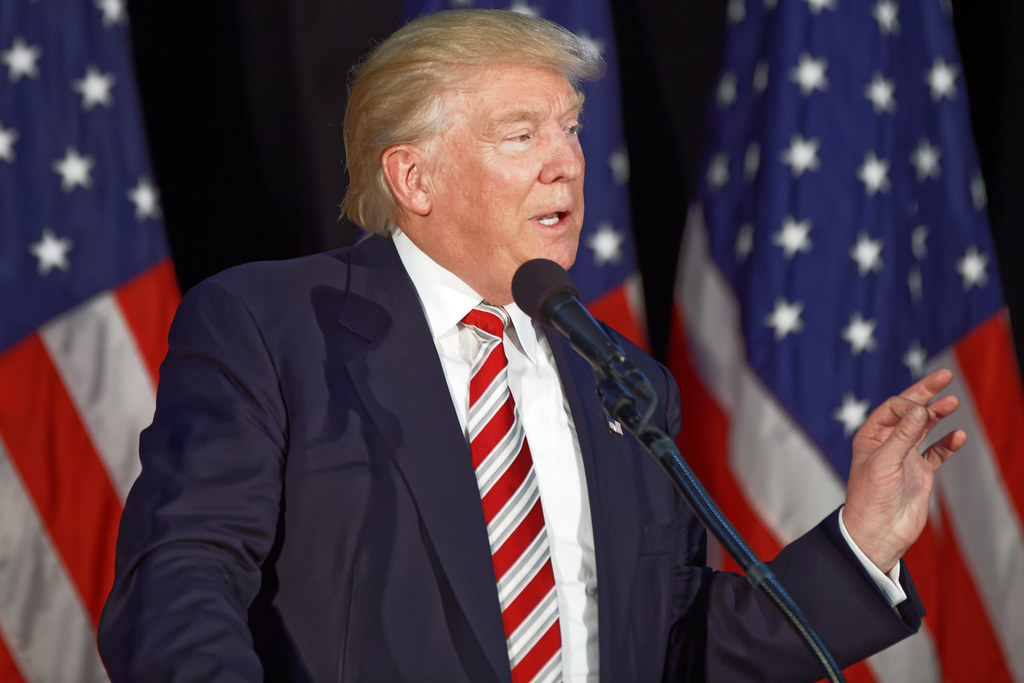Key Takeaways:
- Trump administration officials delayed and redacted a government forecast predicting a rise in the U.S. trade deficit for farm goods.
- This data contradicts President Trump’s claims that his policies, including tariffs, would reduce trade imbalances.
- The politically sensitive information led officials to block the publication of the usual written analysis.
A ForecastHidden for Political Reasons
The Trump administration delayed and redacted a government forecast that predicts an increase in the nation’s trade deficit later this year, particularly in farm goods. This decision was made because the data contradicts President Donald Trump’s repeated claims that his economic policies, including tariffs, would reduce U.S. trade imbalances.
Politicians often face tricky situations when data doesn’t align with their messaging. In this case, the forecast’s findings were politically inconvenient. As a result, administration officials blocked the publication of the written analysis that normally accompanies such reports. This move raises questions about transparency and how governments handle sensitive economic information.
Why Is This Important?
The U.S. trade deficit, which measures the difference between what the country exports and imports, has been a key topic during Trump’s presidency. He has consistently argued that his policies, such as imposing tariffs on imported goods, would help reduce this deficit. However, the delayed forecast suggests that, at least for farm goods, the trade deficit may actually grow.
This discrepancy matters for a few reasons. First, it impacts farmers, who have been heavily affected by Trump’s trade policies, including tariffs on agricultural products. Second, it could influence public perception of the administration’s economic strategy. Finally, it raises concerns about whether political considerations are influencing the release of important economic data.
What’s Next?
The situation highlights a broader issue: how governments balance political messaging with transparency. While officials may want to avoid releasing data that could be seen as unfavorable, hiding such information can undermine trust in public institutions.
The delayed forecast also leaves farmers and policymakers in limbo. Without clear data, it’s harder to make informed decisions about trade policies and economic planning. As the year progresses, the accuracy of the forecast will become clearer, and the administration may face further scrutiny if the trade deficit does indeed rise.
Ultimately, this episode serves as a reminder of the challenges of mixing politics with economic data. While governments may prefer to control the narrative, transparency is crucial for maintaining trust and ensuring sound decision-making.
